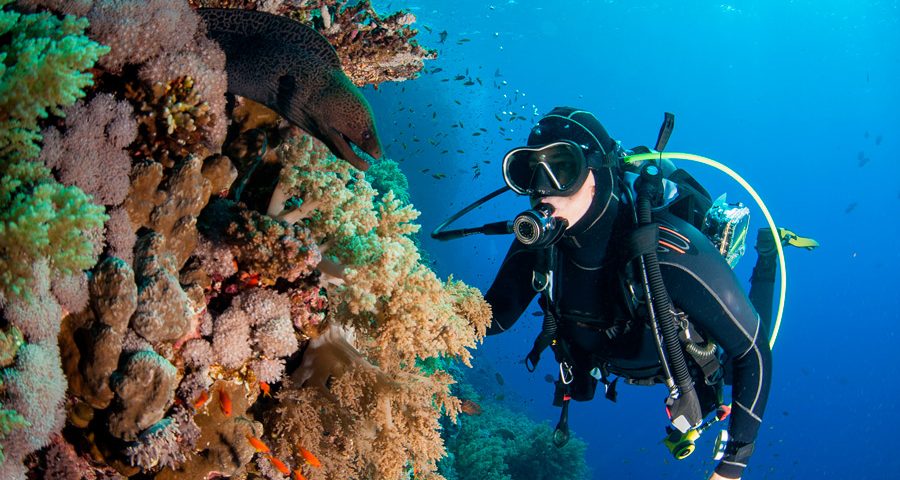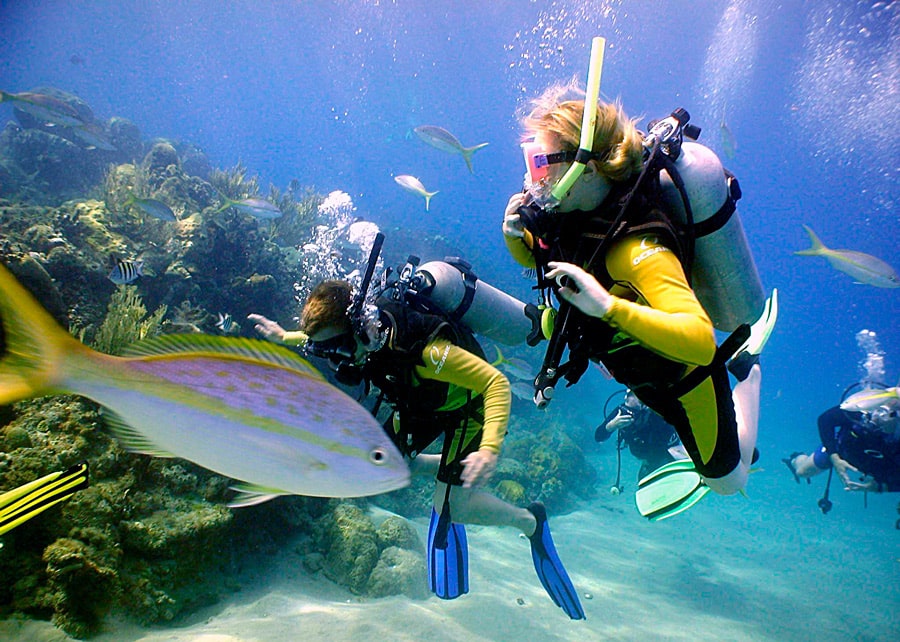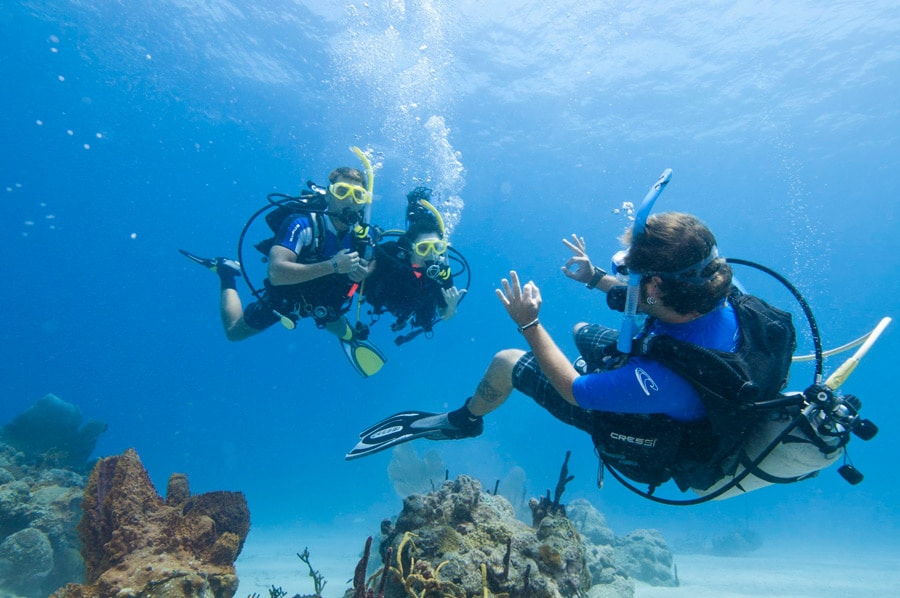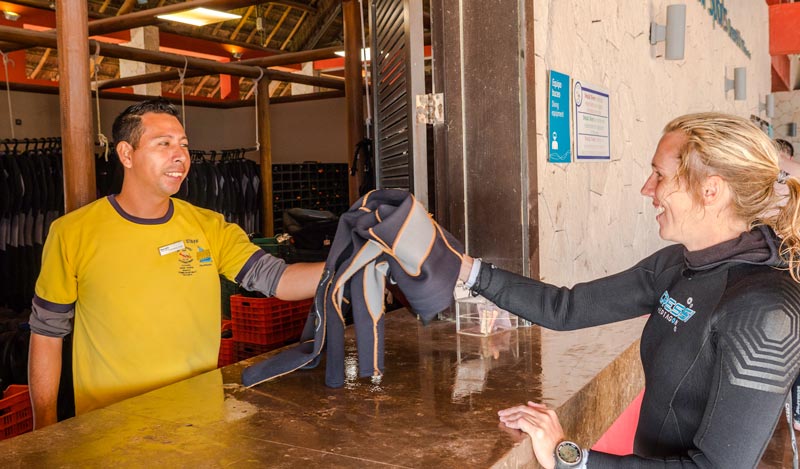Scuba diving rules are simple but very important, so if you are considering enjoying this wonderful sport for the first time, it is advisable that you know them. If, on the other hand, you have already made your first contacts with the underwater world, but you are not yet a certified diver, it is better to go over them. In this article, we have compiled the 10 essential scuba diving rules for all beginners.
Scuba Diving Rules That You Must Follow on The Surface
1) Stay healthy
This scuba diving rule makes common sense. Diving involves a low level of physical activity, but some people cannot scuba because of their health, or will need a medical certificate to practice the sport.
Therefore, keep yourself hydrated, eat in a healthy and balanced way, engage in physical exercise, avoid alcohol and tobacco and never, never, never dive if you have a fever, have a cold, or cannot breathe normally.








